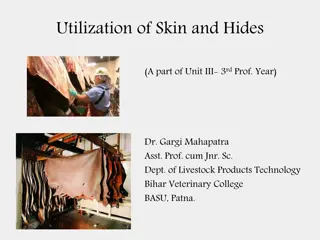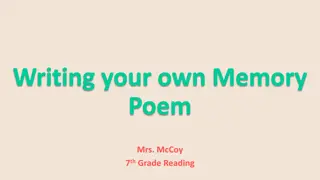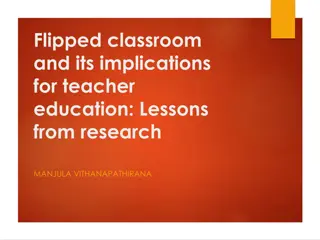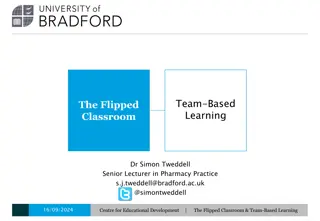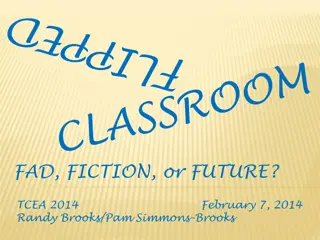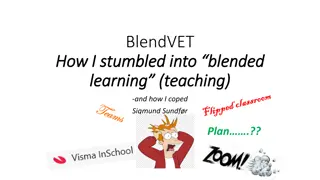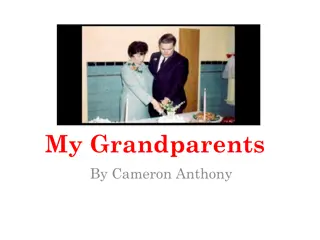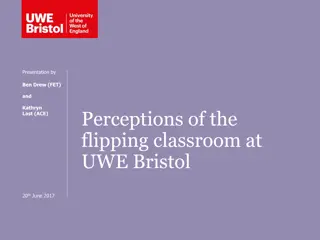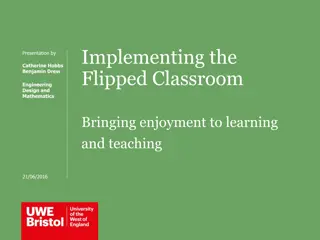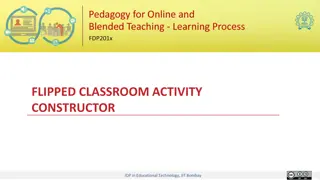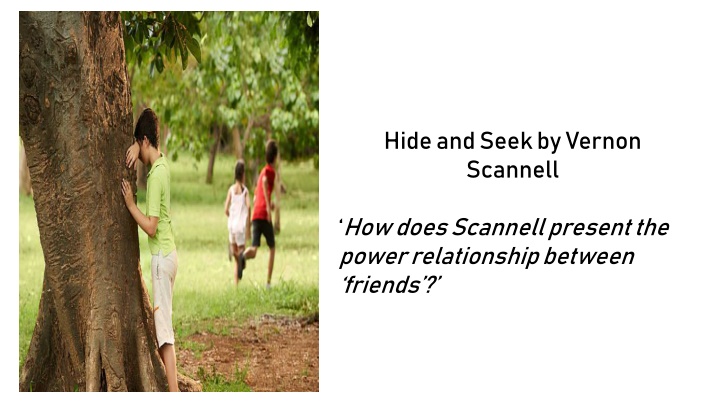
Exploring Power Dynamics in Hide and Seek by Vernon Scannell
Explore how Vernon Scannell portrays the power dynamics between friends in the poem "Hide and Seek." Through a childhood game, the poem metaphorically illustrates the harsh realities of growing up and discovering the cruelties of others. Dive into the nuanced relationships and hidden truths revealed in this poignant piece.
Download Presentation

Please find below an Image/Link to download the presentation.
The content on the website is provided AS IS for your information and personal use only. It may not be sold, licensed, or shared on other websites without obtaining consent from the author. If you encounter any issues during the download, it is possible that the publisher has removed the file from their server.
You are allowed to download the files provided on this website for personal or commercial use, subject to the condition that they are used lawfully. All files are the property of their respective owners.
The content on the website is provided AS IS for your information and personal use only. It may not be sold, licensed, or shared on other websites without obtaining consent from the author.
E N D
Presentation Transcript
Hide and Seek by Vernon Scannell How does Scannell present the power relationship between friends ?
Vernon Scannell and Hide and Seek Scannell was born in Lincolnshire to a poor family who moved around the country a lot to find work. He left school at fourteen to take a job in an insurance office. In 1940, he enlisted in the army. He fought in the North African desert. However, he was court-martialled for desertion after walking away from his fellow soldiers when they looted and abused the dead after a key battle. He was sentenced to three years imprisonment in a military prison; he served six months and was released to fight in the Normandy landings. Following the end of the war in Europe, he deserted again and spent two years on the run. He was eventually arrested in 1947 and sent to a military hospital. On his release, Scannell went to London where he supported himself through teaching and boxing professionally. This gave him time to write poetry. The poem describes a children s game of hide and seek. The boy thinks he is clever to hide in the shed. The searchers laugh outside the door, but do not find him. After a very long time, the boy emerges, thinking he is the winner, only to discover his friends have abandoned him as part of a cruel trick.
How does Scannell present the power relationship between friends ?
Literal a childhood game Hide and Seek Metaphorical growing up. All people experience a process of discovery about the world which often reveals the cruelties of others.
Dialogue Im ready! Come and find me! Boy seems excited, friendly and happy. Involved within a scene from outset. Imperative: Call out. Call loud double imperative. Voice advises the boy wisely. 1 2 3 4 5 Call out. Call loud: I m ready! Come and find me! The sacks in the toolshed smell like the seaside. They ll never find you in this salty dark, But be careful that your feet aren t sticking out. Wiser not to risk another shout. Simile: smell like the seaside Reminds us of playful times at the beach. Boy is happy in his hiding place. Voice: they ll never find you in this salty dark mix of two senses. More alert than normal because he has no light in the shed. Voice: be careful that your feet aren t sticking out Advisory tone. Advice adds to the feeling of excitement and enjoyment in the opening of the poem.
Poetic voice Theyll probably be searching / The bushes near the swing. Exploring thought process. Adjective: cold lack of comfort waiting to be found. Verb: whispering suspicious. Adverb never this is unusual, boy feeling excluded and starts to make us, as readers concerned for the boy what are they plotting? 6 7 8 9 10 The floor is cold. They ll probably be searching The bushes near the swing. Whatever happens You mustn t sneeze when they come prowling in. And here they are, whispering at the door; You ve never heard them sound so hushed before. Verb phrase: whatever happens The importance of the game. A lot at stake increasing the excitement the reader feels. Conjunction: And Shows an abrupt shift when he realizes the searchers are outside the door. Verb: prowling reference to animals. Moving stealthily, usually in pursuit of prey. Children described as predators hunting for their victim. Potential danger?
Three imperatives: Dont breathe. Dont move. Stay dumb instructs the child how to behave if he wants to evade detection. How much effort it is to not be detected. Double meaning of dumb remain silent but here also he is unaware of the trick his friends are playing on him. Adverb: closer suggests they are getting nearer. Imperative Hide your blindness. Imagines him as blind but also blind to what is happening. 11 12 13 14 15 16 17 18 Don t breathe. Don t move. Stay dumb. Hide in your blindness. They re moving closer, someone stumbles, mutters; Their words and laughter scuffle, and they re gone. But don t come out just yet; they ll try the lane And then the greenhouse and back here again. They must be thinking that you re very clever, Getting more puzzled as they search all over. It seems a long time since they went away. Adjective: scuffle Gives the voices of the searchers a human movement usually means a small fight implies aggression Declarative: It seems a long time since they went away The boy now starts to feel the longevity and wonders what is going on. Imperative: don t come out just yet he thinks they have gone and therefore that he is winning because they have not searched the shed. Poetic voice: they must be thinking that you re very clever the pride felt as he begins to believe he has defeated all the others in the game. We the reader are anxious for him as we have identified what is happening.
Adjective: stiff he has been waiting so long it is starting to physically affect him. Verb: bites the verb is aggressive and suggests that the cold is now starting to hurt him. Personification is used trying to take chunks out of his body with its teeth. Verb phrase moves in your throat. the smell occupies the boy s throat depicting him as being assaulted by nature. Alliteration: dark damp deadening sound 19 20 21 22 Your legs are stiff, the cold bites through your coat; The dark damp smell of sand moves in your throat. It s time to let them know that you re the winner. Push off the sacks. Uncurl and stretch. That s better! Declarative: It s time to let them know that you re the winner The rhyme stops here and so the tone goes from joy, harmony and happiness. The childlike world which he used to occupy is ending. Short sentences: Push off the sacks. Uncurl and stretch. That s better! Preparing himself for the big reveal.
Speech: Ive won! Combined with exclamation feelings of triumph. Juxtaposed with the darkening garden watches a more sinister tone, observing the boy s behavior. The fact that the garden does nothing emphasizes boys isolation and friendliness. Personification: the bushes hold their breath like a person waiting for something to happen. The realization that the boy has been abandoned.. Short sentence Nothing stirs. Sense of emptiness is emphasized. The boy is alone and the children have deserted the game. 23 24 25 26 27 Out of the shed and call to them: I ve won! Here I am! Come and own up I ve caught you! The darkening garden watches. Nothing stirs. The bushes hold their breath; the sun is gone. Yes, here you are. But where are they who sought you? Rhetorical question: But where are they who sought you? question is left hanging at the end of the poem, meaning the story never gets resolved. His friends have deserted him. Wider implication that growing up involves realizing that people will not always support you and that the world will not necessarily be your friend. Pathetic fallacy: the sun is gone end of the day and the game has lasted a long time. Communicates powerful loss of light and goodness.
Hide and Seek by Vernon Scannell How does Scannell present the power dynamic between friends ?




